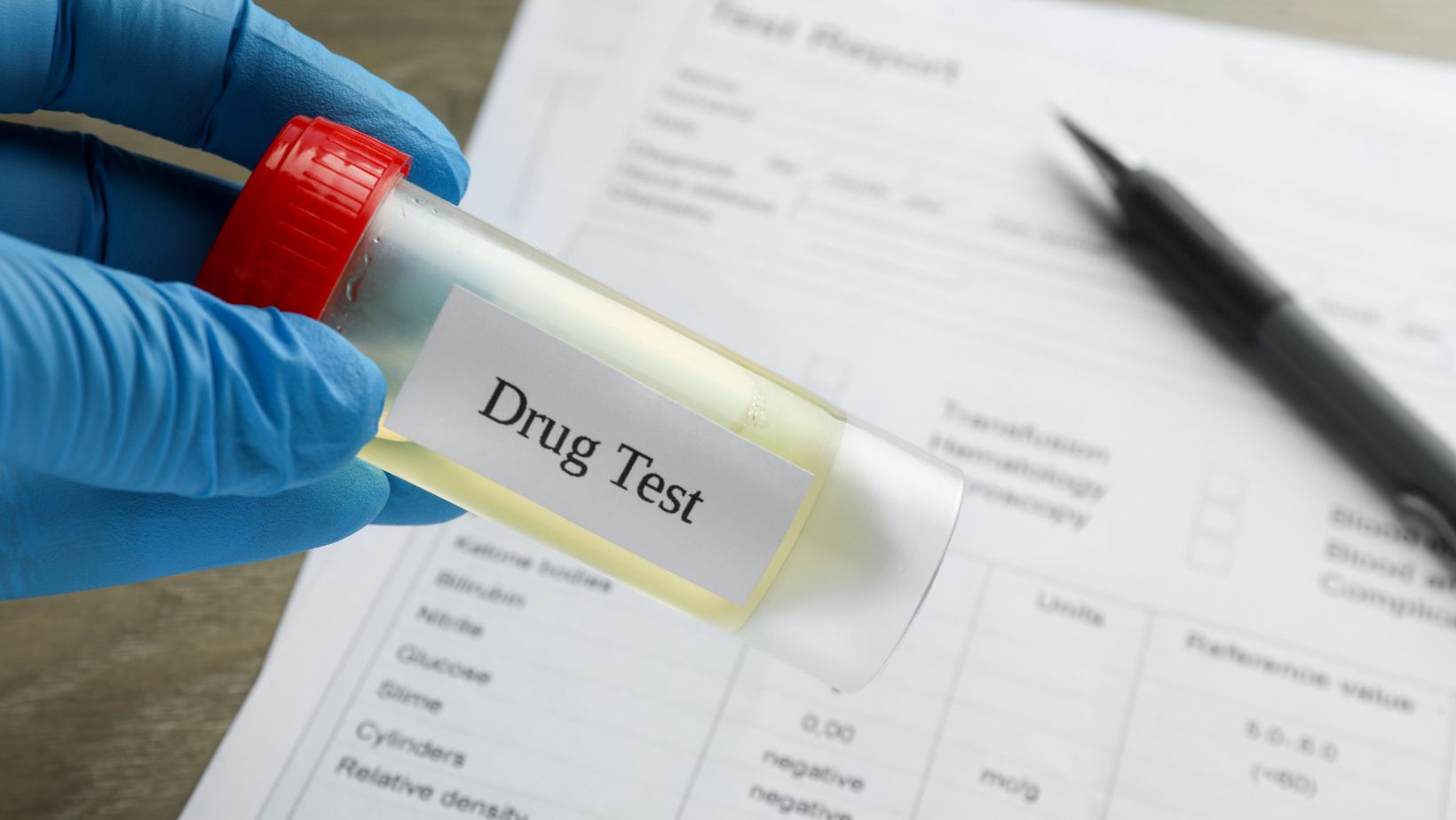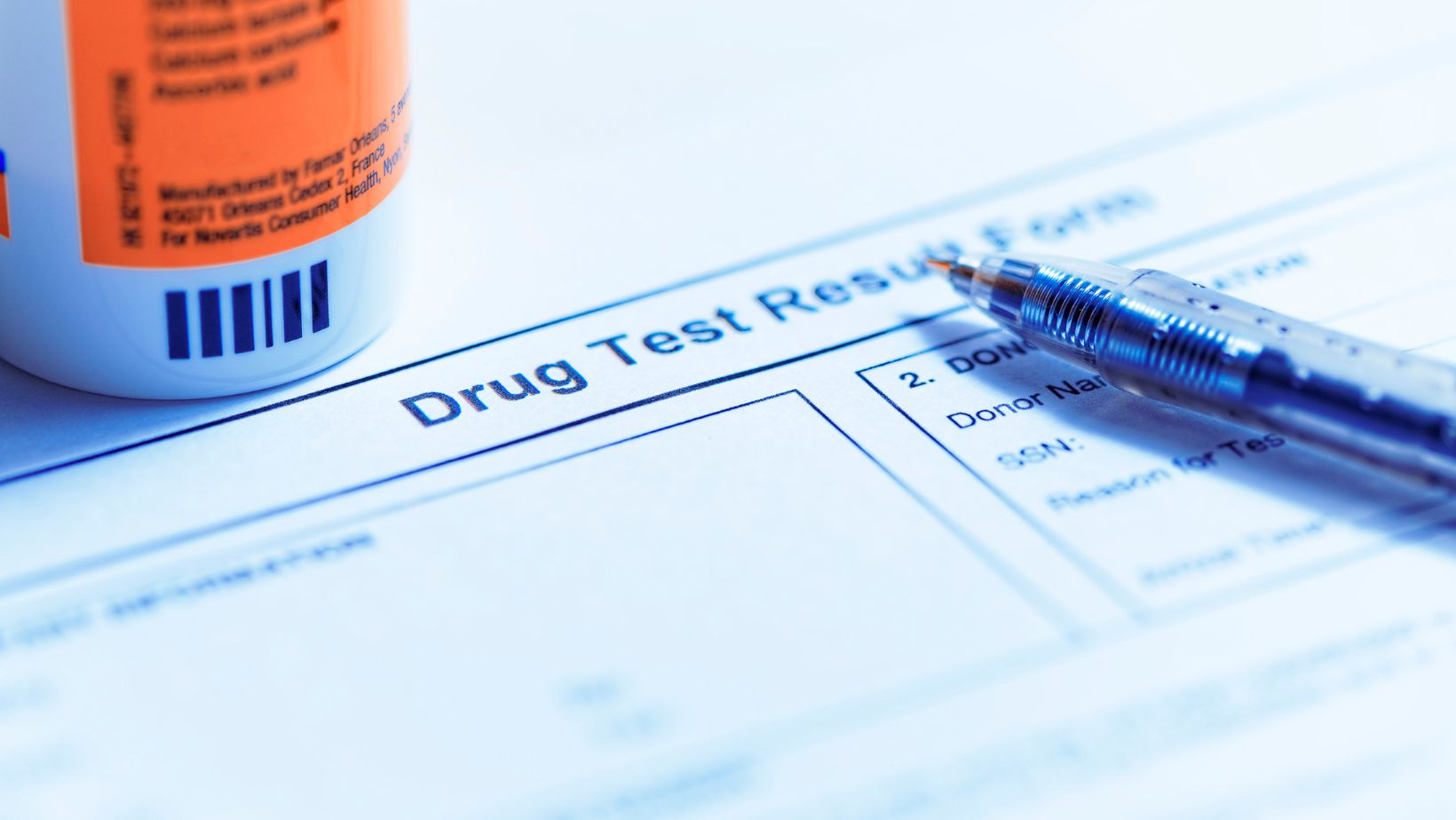
The dynamic HR (Human Resource) landscape demands stringent pre-employment drug testing. It is pivotal in ensuring employers conduct comprehensive employee background screening and drug testing in Michigan. Considering the legal changes, new drug testing, Federal and state regulations and policies, advancements in screening methods, and societal attitudes, employers should re-assess their approach to employee drug screening. The articles highlight the value of drug assessment in background check procedures and give insight for organizations assessing pre-employment screening for the current year.
Steps for Pre-Employment Drug Screening
Pre-employment drug screening is crucial to the overall background check assessment, improving the potential of employers to establish a productive and safe work environment. It is a proactive approach to recognizing potential risks linked with illegal substance abuse. Conducting pre-employment drug tests guarantees recruits align themselves with the safety standards and company values.
Creating a Clear Drug Assessment Policy
Employers should begin by creating a comprehensive drug screening policy that outlines the procedures, motives, and outcomes of pre-employment drug testing in Michigan. It is an HR strategy to adopt and implement the best hiring practices. Employers should communicate the policies and regulations to all the employees and job applicants (during the interview process), assuring understanding and transparency. Candidates should understand the purpose, requirements, and consequences of the test and give consent before the drug screening. Organizations should familiarize themselves with the Federal, state, and local laws governing drug screening. Legal compliance is pivotal to avoid complications and guarantee an unbiased process.
Determining the Ideal Screening Methods
Choosing the most appropriate drug screening method is pivotal for the functioning of an organization.

To ensure a drug-free and safe workplace, employers should be proactive in implementing the ideal drug screening methods. The workplace drug testing methods include blood, urine, and saliva tests. Professional experts extract hair follicles and nails from potential candidates or potential employees to determine the drug test. Depending on the nature of the job, the drug detection window and the acceptable intrusion level are considered while determining the appropriate drug testing procedure.
Engaging Professional Drug Testing Provider
To ensure that drug testing is accurate and efficient, employers should collaborate with reliable and leading drug screening providers to conduct the screening. Professional and competent drug or illegal substance abuse testing service providers comply with industry-standard procedures, guaranteeing the test results 100% accuracy and reliability. Employers should evaluate whether the drug testing provider has a track record of maintaining privacy and confidentiality and complies with the legal standards of the industry.
Scheduling Drug Screening at the Right Time
Organizations should schedule the drug screening at the appropriate time in the recruitment process. It is generally practiced after extending the conditional employment offer before the candidate officially begins. It helps organizations to leverage the efficient usage of resources and maintain a non-discriminatory and fair hiring approach.

Scheduling drug testing in Michigan offices at the right time is one of the vital steps in pre-employment background assessment.
Effective Communication of the Testing Results
Employers should respect the privacy of the candidates throughout the screening process. There should be a comfortable, private space for drug screening that involves professionalism and dignity. Organizations should communicate the privacy and confidentiality policies of the drug testing results to potential employees. They should be clear with access to the test results within the organizations. Once the test results are available, employers should respectfully communicate them to potential employees. If an applicant tests positive, the HR team should provide information on the steps adhering to the company regulations, which might incorporate rehabilitation and counseling or withdrawal from the employment offer.
Conclusion
Conducting pre-employment drug testing in Michigan is a strategy that organizations use to guarantee a productive and safe workplace. A transparent and well-structured approach is key to successfully integrating pre-employment drug screening. Some job roles exhibit higher safety risks, making pre-employment drug testing necessary. Employment drug testing varies significantly from one state to the other. Understanding legal compliance is paramount for HR experts and leadership teams. The compulsion or the necessity of pre-employment drug screening varies based on state legal requirements and job roles, but it is a common practice for most organizations. Employers should evaluate workplace needs and determine the relevance of pre-employment drug tests.










